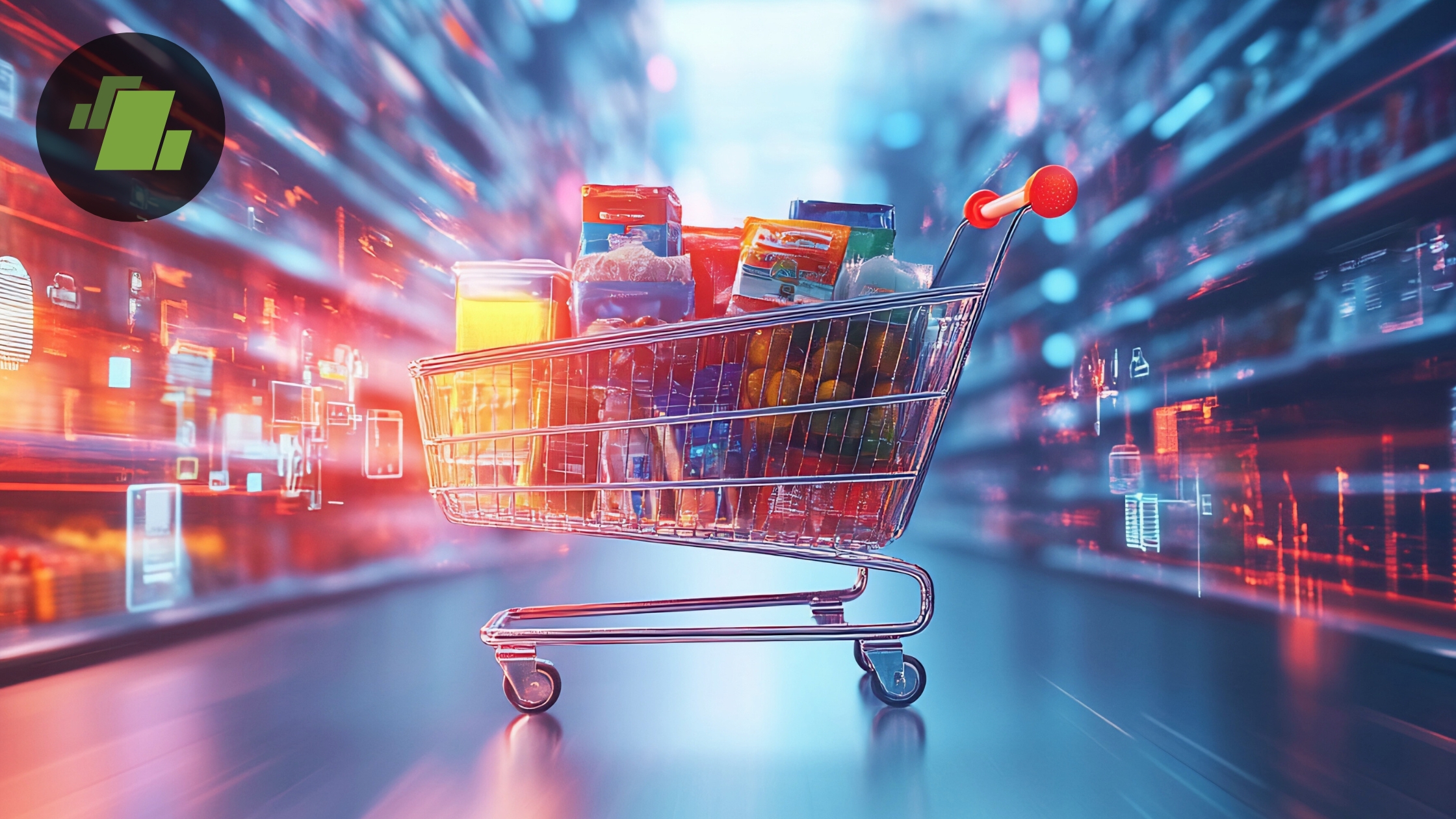

In the ever-evolving and competitive landscape of the Fast-Moving Consumer Goods (FMCG) sector, companies face a plethora of challenges daily. From managing intricate supply chains to meeting consumer demands for personalized experiences, the hurdles are many. However, the advent of Enterprise Resource Planning (ERP) systems has emerged as a game-changer for FMCG brands, offering them a robust toolkit to navigate these challenges efficiently and carve a path toward enhanced profitability. This blog explores the transformative impact of ERP systems on FMCG brands, focusing on overcoming operational hurdles and driving financial success.
Streamlining Supply Chain Complexity
The FMCG industry is characterized by its complex supply chains, with multiple layers of suppliers, manufacturers, distributors, and retailers. ERP system empower brands with real-time visibility and control over their entire supply chain management, enabling them to identify bottlenecks, optimize inventory levels, and ensure timely delivery of products. By automating processes and integrating data across the supply chain, ERP solutions reduce manual errors and operational costs, contributing significantly to the bottom line.
Enhancing Demand Forecasting and Inventory Management
One of the perennial challenges for FMCG companies is balancing inventory levels with fluctuating demand. Too much inventory leads to increased holding costs, while too little can result in stockouts and lost sales. ERP systems address this issue by providing advanced analytics and forecasting tools that leverage historical sales data, market trends, and consumer behavior to predict future demand with greater accuracy. This precision allows brands to optimize their inventory, reduce waste, and improve cash flow, all of which are crucial for profitability.
Improving Product Lifecycle Management
In the FMCG industry, the ability to innovate and speed up time-to-market can be a significant competitive advantage. ERP systems facilitate seamless product lifecycle management (PLM) by integrating processes from product conception to launch. This integration ensures that all departments are aligned, reducing time lags and enhancing efficiency. Moreover, ERP-enabled PLM allows for better resource allocation, cost control, and compliance management, further bolstering profitability.
Boosting Customer Satisfaction and Loyalty
Today’s consumers demand high-quality, personalized products and experiences. FMCG Software helps brands meet these expectations by providing a 360-degree view of the customer. By centralizing customer data, brands can deliver targeted marketing, tailored product offerings, and superior customer service. This personalization not only enhances customer satisfaction but also fosters loyalty, which is instrumental in driving repeat business and long-term revenue growth.
Driving Operational Efficiency and Cost Reduction
At its core, the implementation of an ERP system is about achieving greater operational efficiency. By automating routine tasks, optimizing workflows, and reducing redundancies, ERP systems allow FMCG companies to do more with less. This efficiency translates into lower operational costs, reduced labor requirements, and minimized errors—factors that directly contribute to an improved bottom line.
Supporting Strategic Decision Making
ERP systems offer FMCG brands unparalleled insights into their operations, finances, and market dynamics through real-time data and analytics. This wealth of information supports strategic decision-making, allowing brands to identify growth opportunities, manage risks more effectively, and allocate resources more strategically. In a market defined by rapid changes, having the agility to make informed decisions quickly is a key driver of profitability.
Conclusion
For FMCG brands navigating the complex challenges of today’s market, LOGIC ERP offer a powerful solution. By enhancing supply chain visibility, improving demand forecasting, optimizing inventory management, and driving customer satisfaction, ERP enables FMCG companies to not only overcome daily operational hurdles but also significantly enhance their profitability. As the industry continues to evolve, the adoption of ERP technology will undoubtedly be a critical factor in determining which brands emerge as leaders in the FMCG sector.
Call us at +91-734 114 1176 to schedule a free demo for FMCG ERP software and talk to our experts or send us an email at sales@logicerp.com now!

